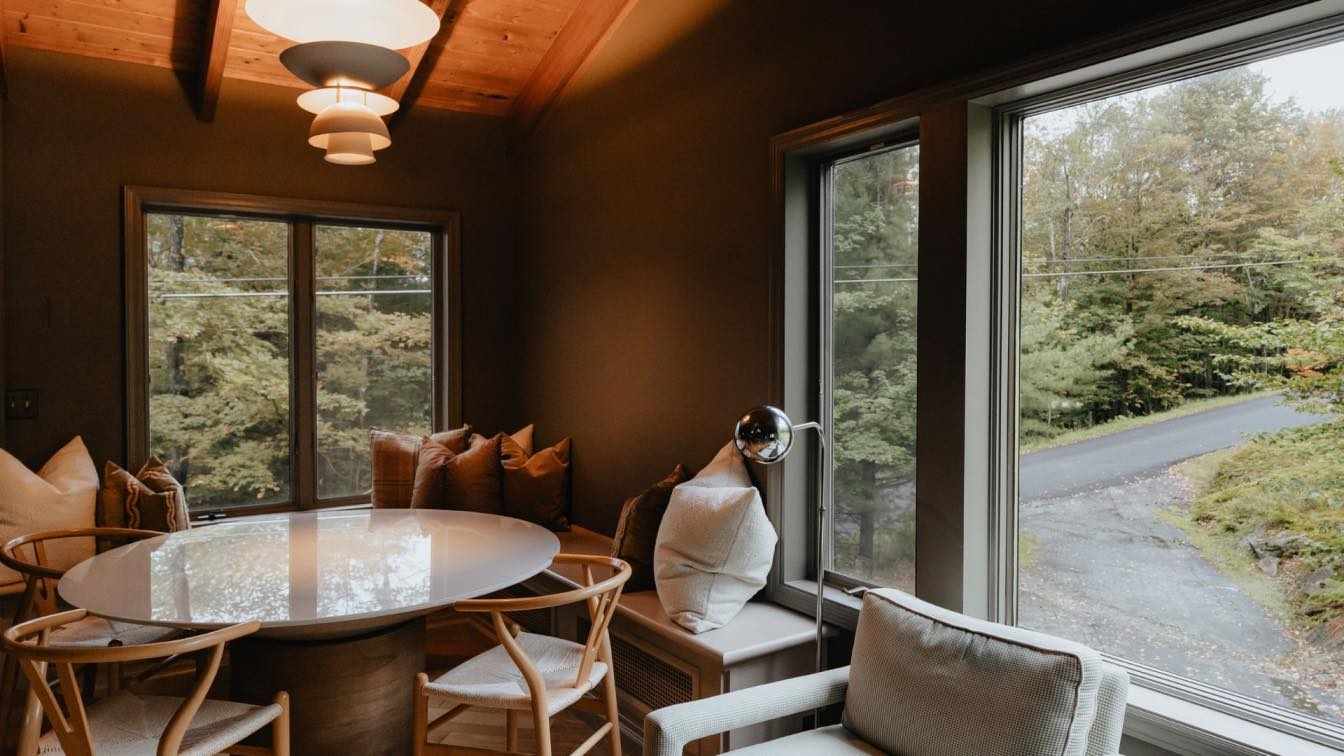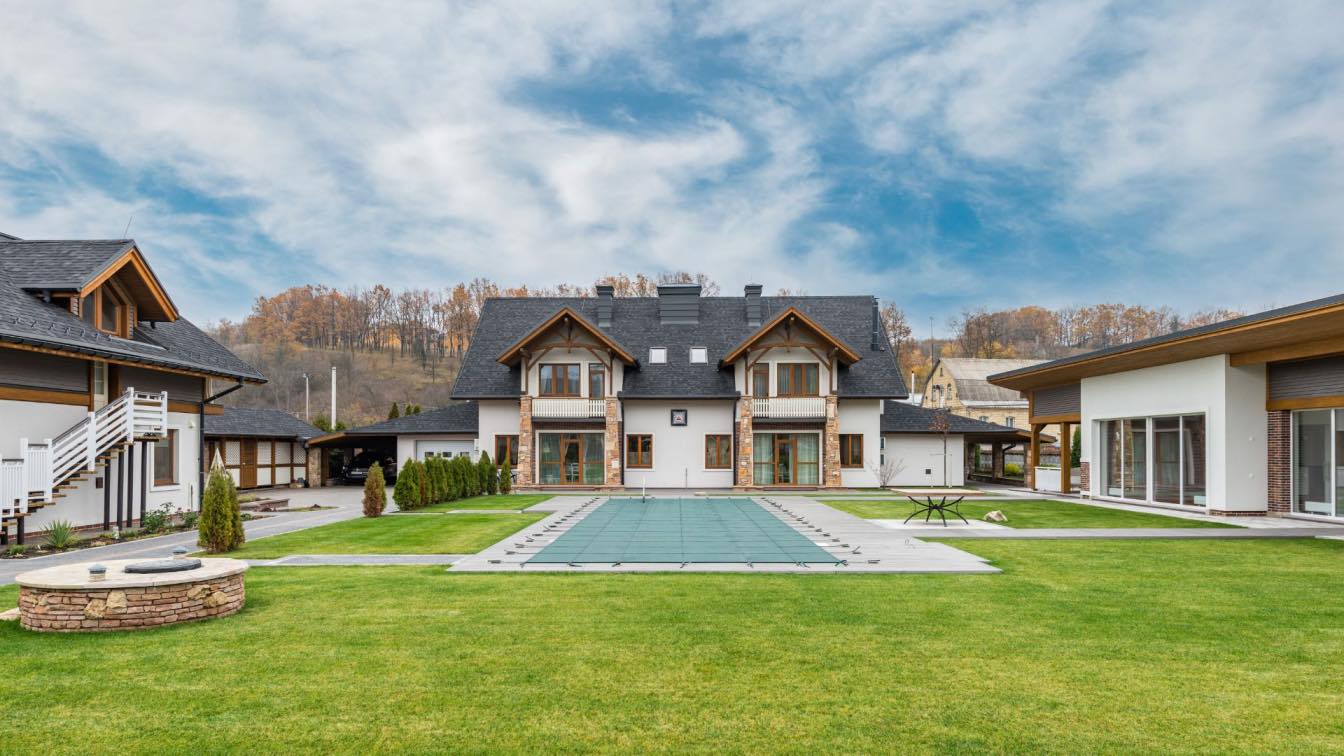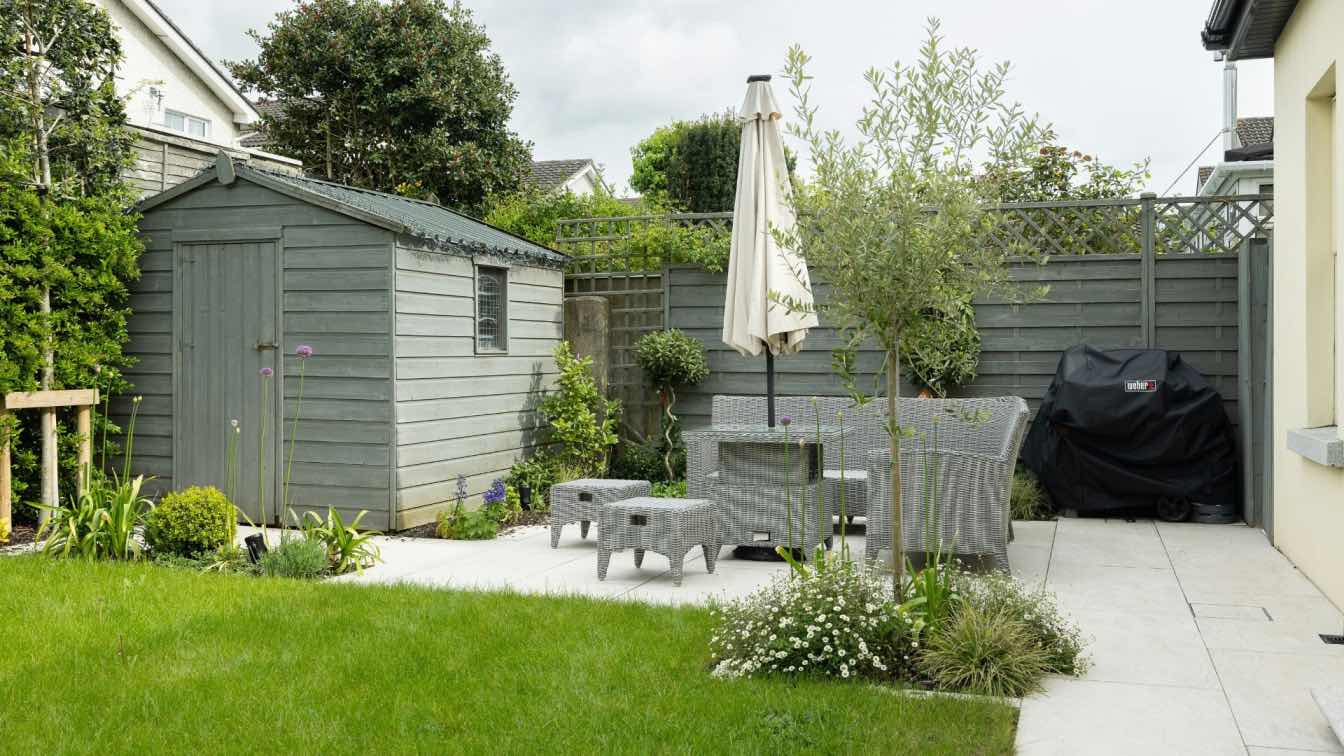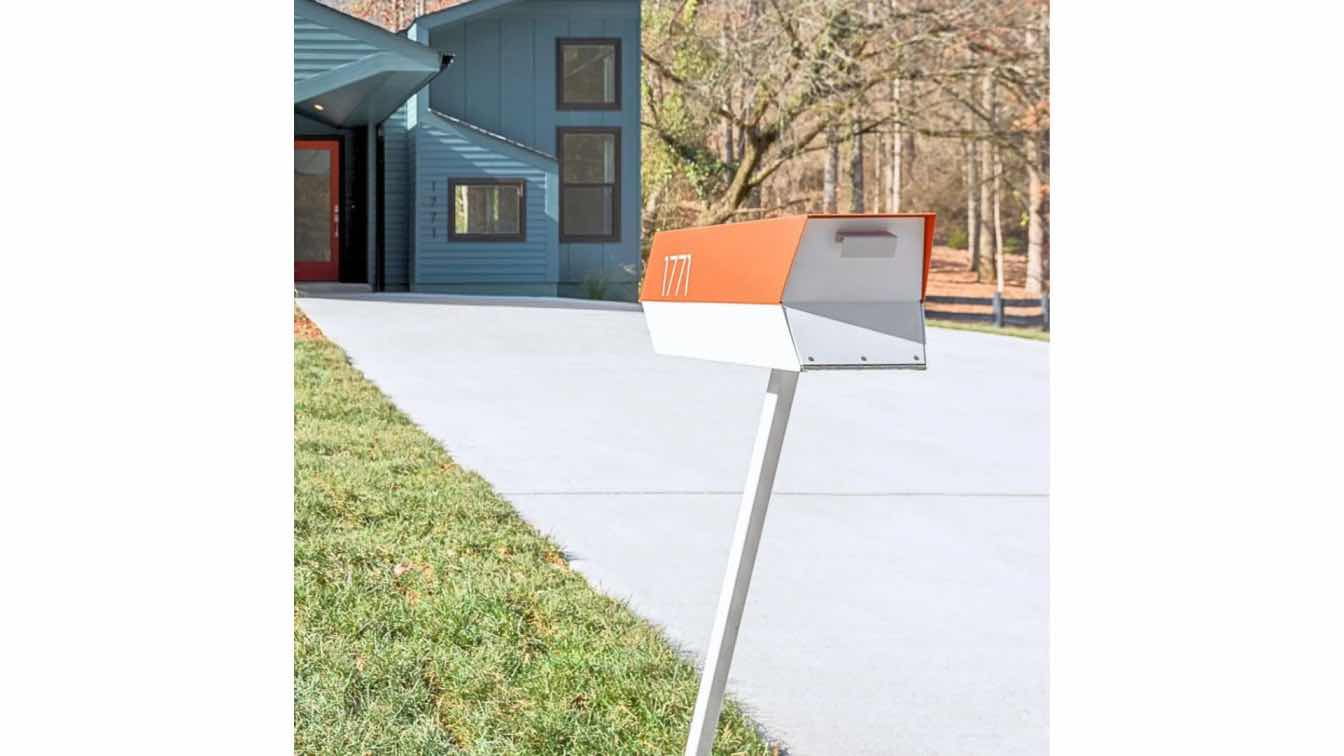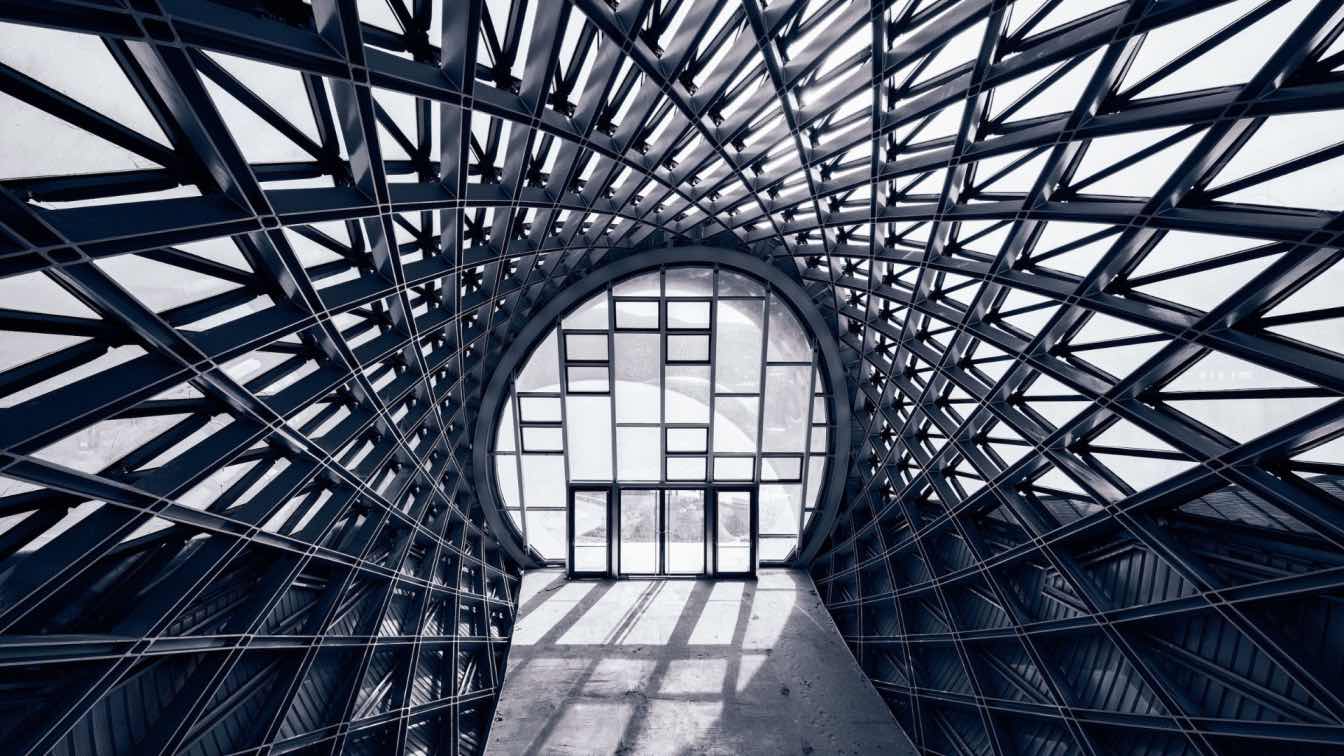Do you desire a new look for your house? One of the best ways to do this is by choosing the right windows. The types and styles of windows available today offer a wide variety of options, so selecting the perfect ones for your home can be overwhelming. Worry not! With these seven tips, you’ll find that picking out stylish and functional windows has never been easier. From energy efficiency considerations to material selection, our guide will ensure that you make an informed decision every step of the way. So read on and get ready to transform your living space with beautiful new windows!
Look For Quality Products
When choosing windows, quality should be your top priority. After all, you want your windows to last for many years to come. Look for reputable brands that offer high-quality products using superior materials and advanced manufacturing techniques. Some people prefer products from The Advanced Group, while others may opt for other similar brands. Whatever brand you choose, make sure it has a proven track record of producing durable and reliable windows.
Selecting the Ideal Window Styles
Picking the right window style is crucial as it significantly influences the aesthetics of your home. There are various styles to choose from, including double-hung, casement, picture, and sliding windows, among others. Double-hung windows, with their two sashes that slide vertically, offer a classic look. Casement windows, which open outwards, provide excellent ventilation. Picture windows, being large and stationary, allow for an abundance of natural light and offer a picturesque view of the outdoors. Sliding windows are easy to operate and perfect for contemporary home designs. Remember, the window style you choose should complement the architectural design of your home and resonate with your taste.
Energy Efficiency and Insulation
Energy efficiency is a critical aspect to consider when choosing your windows. Energy-efficient windows can significantly reduce your heating and cooling costs by minimizing the amount of heat that enters or leaves your home. Look for windows with a low U-factor, which means they have greater insulating properties. Additionally, windows labeled as ENERGY STAR-rated meet strict efficiency guidelines set by the Environmental Protection Agency (EPA) and are designed to keep your home warmer in the winter and cooler in the summer. Furthermore, double-pane or triple-pane windows filled with gas like argon or krypton offer excellent insulation and can keep your home comfortable throughout the year, regardless of the season. Remember, investing in energy-efficient windows not only contributes to a greener environment but also results in substantial savings on your energy bills.
Frame Materials: Wood, Vinyl, Aluminum, or Fiberglass?
Selecting the right window frame material is as important as picking the style and efficiency level. The four most commonly used materials are wood, vinyl, aluminum, and fiberglass. Each has its strengths and weaknesses.
Wood frames are traditional, offering a classic aesthetic and excellent insulating properties. However, they require regular maintenance to prevent deterioration from weather and insects. Vinyl frames, on the other hand, are maintenance-free and provide excellent thermal insulation. While they lack the natural charm of wood, they're available in a wide range of colors and finishes to suit your style.
Aluminum frames are durable, low-maintenance, and resistant to weather and corrosion. They are the least insulating of the frame materials, but they're useful in rainy, humid climates due to their moisture resistance.
Fiberglass windows are the newest addition to the array of choices. They combine the strength and durability of aluminum with the insulation properties of wood and vinyl. They're expensive but require little to no maintenance.
Glazing Options and Glass Features
In addition to style and frame material, the type of glass you choose for your windows can greatly influence their functionality and aesthetics. Windows come with a variety of glazing options, each offering unique benefits.
Single-glazed windows have one layer of glass and are often the cheapest option, but they offer the least insulation and are less energy-efficient. Double-glazed windows consist of two glass panes with a space in between which is often filled with an inert gas like argon or krypton, making them more energy-efficient and soundproof than single-glazed windows. Triple-glazed windows have three layers of glass, providing the highest level of insulation and noise reduction.
When it comes to glass features, you might want to consider options like tempered glass, which is four times stronger than regular glass and safer in case of breakage. Laminated glass offers added security as it stays in place even when shattered, thanks to an interlayer of PVB or EVA. Low-emissivity (Low-E) glass has a thin coating that reflects heat inside, helping to keep your home warm in the winter and cool in the summer.
Window Installation and Professional Guidance
Window installation is a task that requires precision and professional expertise. While DIY installation may seem tempting for the cost savings, the risk of improper installation can lead to long-term problems like air leaks, water damage, and reduced energy efficiency. As the team behind Lemon Bay Glass explains - a professional window installer not only ensures that your window fits perfectly but also verifies that it functions correctly and meets all the necessary standards for energy efficiency. They have the necessary tools, experience, and knowledge to handle any unexpected challenges that might arise during installation.
Budgeting and Long-Term Considerations
Budgeting for your window replacement project is an integral part of the process. The cost can vary widely based on the window style, frame material, glazing options, and installation services. It's wise to get multiple quotes from different providers to ensure you're getting a fair deal. While it may be tempting to choose the cheapest option, remember that quality and durability often come at a higher price.
When budgeting, it's also crucial to consider long-term costs and benefits. Energy-efficient windows, while more expensive upfront, can lead to significant savings on your energy bills over time. Similarly, low-maintenance materials like vinyl or fiberglass can save you future costs and effort tied to upkeep.
Another factor to bear in mind is the potential return on investment (ROI). Upgrading your windows can increase your home's value, and according to the National Association of Realtors, homeowners can expect to recover approximately 80% of the project cost in home value.
In conclusion, choosing the right windows for your home involves careful consideration of factors such as style, energy efficiency, frame materials, glazing options, installation services, and budgeting. Keep in mind that it's not just about aesthetics but also long-term functionality and cost savings. With proper research and guidance from professionals, you can find the perfect windows that complement your home's architectural design and reflect your style, while also providing comfort, energy efficiency, and potential return on investment.

